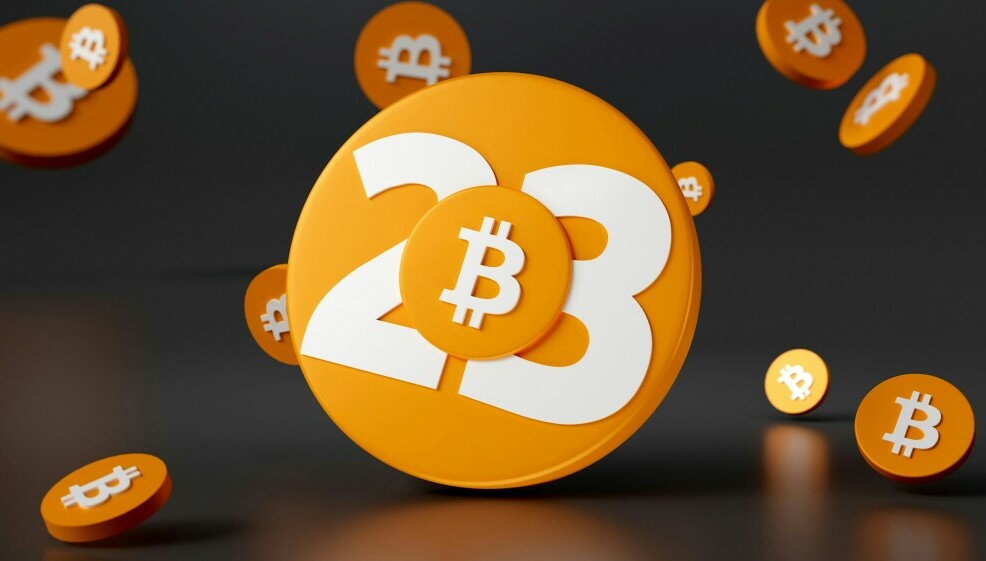If you’re into cryptocurrencies, you’ve probably heard the term ‘offline crypto wallet.’ But what does it really mean for your digital assets? An offline crypto wallet is essentially a method to store your cryptocurrencies away from the internet. This is critical because, as you might guess, being offline puts up a strong barrier against online hackers.
Now, you might wonder how offline wallets stand up against their online counterparts. It’s all about the trade-offs. Online wallets, also known as hot wallets, offer convenience, allowing for quick and easy transactions. However, the downside is pretty significant – they’re more vulnerable to cyber attacks. On the flip side, offline wallets or cold wallets, provide a much higher level of security, making unauthorized access incredibly difficult.

Using an offline wallet isn’t just a tech-savvy move; it’s a smart financial one. You’re essentially placing your digital currencies in a vault that isn’t accessible through the regular routes thieves exploit. It’s like having an unbreakable safe that only you know the location of, which gives you a peace of mind that’s priceless in today’s digital age.
Types of Offline Crypto Wallets: Finding Your Fit
You’re going to find out about the most common types of offline crypto wallets: paper and hardware wallets. Both have unique features designed to suit different levels of utilization and security needs.
Paper wallets are about as straightforward as it gets. Just imagine: all your cryptocurrency information printed on a piece of paper. It consists of two QR codes – one for your public address, for receiving coins, and the other for your private key, to access and spend your assets. I’ll tell you now, it’s a low-tech solution, but it’s incredibly secure from online threats as long as you keep it in a safe place.
Now, if you’re after something a bit more high-tech, hardware wallets might tickle your fancy. They’re physical devices, often resembling a USB drive, that store your private keys offline. You can connect them to a computer whenever you need to make a transaction, and then remove them to keep your keys out of reach of online attackers. To keep it simple: hardware wallets strike a balance between high security and user-friendliness.
You might be wondering about the essential difference between these cold storage devices and their hot wallet counterparts. Hot wallets are connected to the internet, making them more convenient for frequent traders, but they are more vulnerable to hacking. On the contrary, as long as a cold storage device is disconnected, it’s imperviable to such cyber-assaults.
In my opinion, choosing the right offline crypto wallet is a mix of your personal needs for security, convenience, and peace of mind. Now, let’s explore how to evaluate the best offline crypto wallet options. After all, you want to choose something that resonates with you and aligns with your crypto activities.
Evaluating the Best Offline Crypto Wallets for You
You’re now familiar with the different types of offline wallets. Choosing the right one, though, involves a bit more digging. Let’s talk about what features matter most.
When evaluating offline wallets, consider their security track record. Look for features like pin codes, passphrase options, and physical buttons for transaction verification. Durability is another key factor. If you’re opting for a hardware wallet, you want something resilient against physical damage.
Here are some of the best offline crypto wallets that have received high marks for user satisfaction and security. Remember, our exploration isn’t brand-focused, but about what users, just like you, have found reliable and user-friendly.
Ledger Nano S: Loved for its compact size and ease of use.
Trezor Model T: Praised for its touchscreen interface and security measures.
KeepKey: Recognized for its robust design and straightforward backup and recovery.
You’ll notice I’m not just selling you on the most expensive options. It’s about picking what’s right for your daily needs. Maybe you want a bigger screen, or physical durability matters most to you. Choose something that resonates with you.
Think about compatibility with your cryptocurrencies of choice. Not all wallets support every currency out there. Make sure the wallet you choose can store the specific coins you’re invested in or planning to invest in.
Lastly, don’t dismiss the community and customer support behind a wallet. When things go wrong—and they sometimes do—you’ll be relieved to have responsive and helpful support at your back.
Maintaining Your Offline Crypto Wallet: Keeping Your Investments Secure
By now, you understand that an offline crypto wallet can be a fortress for your digital assets \’ if you maintain it well. Your next step is setting up your wallet and establishing a routine to keep it in top shape.
Don’t worry too much about the initial learning curve; it’s a small price for peace of mind in the long run. Here’s a rundown that’ll guide you through the process:
For hardware wallets, you need to regularly check for firmware updates from the manufacturer. Ensure that you’re following the official instructions; a misstep here could expose you to unnecessary risks.
Be vigilant about where you store your recovery phrases. They are the keys to your crypto kingdom and should be guarded with your life — well, almost. Think safety deposit boxes, secure home safences, or with a trusted attorney.
Now, about those backups. Opt for multiple secure locations. Natural disasters, while unlikely, can strike, and you don’t want all your backups in one basket.
Your offline wallet isn’t set-it-and-forget-it. You must stay informed about the latest security threats and best practices. Subscribe to related news, join communities, and don’t hesitate to reach out for expert advice if needed.
Remember, your first attempt doesn’t need to be your last. You can always adjust your approach down the road. But the sooner you start taking the security of your crypto seriously, the better.

I am not a huge trader of Cryptocurrency by any means, I am curious about this offline Wallet though. I do have a small amount of Ethereum and Bitcoin that I earn playing games on my phone, while the amounts are not huge, I sure would hate to open my Coinbase app and see that I was hacked and my earnings were robbed. My Ethereum has built up to a little over $200 over the couple of years I have been playing and it would be a shame to lose it to a hacker.
With my small amounts, should I even be worried? Do hackers come after minnows in the crypto world?
Any advice will be most appreciated.
Stacie
Hi Stacie,
Thanks for your comment and great question! Even with smaller amounts of cryptocurrency, it’s always a good idea to take security seriously. Here are a few points to consider:
1. **Offline Wallets (Hardware Wallets):** These are one of the safest options for storing your crypto. Hardware wallets store your private keys offline, making it nearly impossible for hackers to access your funds remotely. Some popular options include Ledger Nano S, Ledger Nano X, and Trezor.
2. **Software Wallets:** If you prefer not to invest in a hardware wallet, you can use a reputable software wallet. Ensure it’s from a trusted source and always keep your software updated to protect against vulnerabilities.
3. **Security Best Practices:**
– **Enable Two-Factor Authentication (2FA):** Always enable 2FA on your accounts to add an extra layer of security.
– **Strong Passwords:** Use strong, unique passwords for your cryptocurrency accounts.
– **Beware of Phishing Scams:** Be cautious of emails or messages that ask for your personal information or private keys.
4. **Do Hackers Target Small Accounts?** While hackers often target larger accounts for bigger rewards, smaller accounts can still be vulnerable. It’s better to be safe and protect your assets, no matter the amount.
5. **Diversification:** Spread your holdings across different wallets and platforms if possible. This way, if one account is compromised, you won’t lose everything.
Your earnings may not seem significant now, but they can grow over time, and it’s important to safeguard them. Taking these steps will give you peace of mind and protect your hard-earned crypto.
Hope this helps! #CryptoSecurity #CryptoWallet #StaySafe #Ethereum #Bitcoin #Blockchain #CryptoTips #CryptoAdvice
Feel free to reach out if you have any more questions!
Best,
Gary